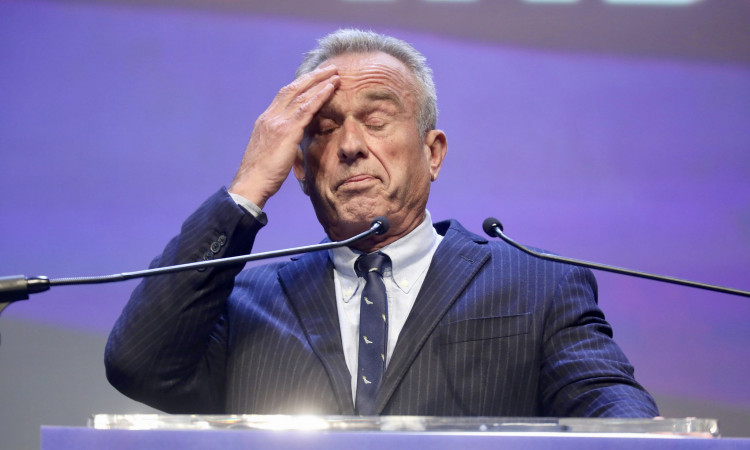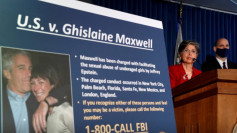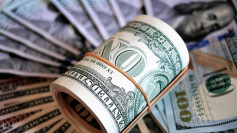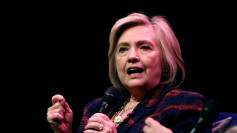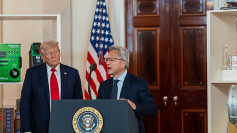Texas is confronting its most severe measles outbreak in over 30 years, with confirmed cases climbing to 505 as of April 8, spreading across 22 counties and into neighboring states. The surge, concentrated in West Texas, has already claimed the lives of three unvaccinated children and is raising alarm among public health experts who warn the U.S. is now at risk of losing its measles elimination status for the first time since 2000.
Public health officials attribute the outbreak's rapid spread to declining vaccination rates, particularly in Gaines County, the epicenter of the outbreak, where only 82% of kindergarteners were immunized this school year-well below the 95% herd immunity threshold recommended by the World Health Organization. In some pockets, exemption rates have approached 18%, according to state data.
"This is going to be a large outbreak, and we are still on the side where we are increasing the number of cases," said Katherine Wells, director of public health in Lubbock, one of the hardest-hit areas. "We're in this for the long haul."
The outbreak has already led to 57 hospitalizations, including six children from a single day care facility. Most cases have occurred in children under 10, and officials believe the true number of infections may be significantly higher due to underreporting and lack of testing.
"If you already have two deaths in Texas, it tells you it's in the thousands," said Dr. Amesh Adalja, an infectious disease expert at Johns Hopkins Center for Health Security.
Former FDA vaccine chief Dr. Peter Marks warned that unless vaccination rates are rapidly increased, the U.S. could lose its measles elimination status as early as January 2025. "Given the current measles outbreak, anything less than a wholehearted full-court press to get many more children vaccinated against measles, above 90% across the country, is a public health failure," Marks told NBC News.
The federal government's messaging has come under scrutiny. Health Secretary Robert F. Kennedy Jr. has promoted vitamin A and other alternative remedies over vaccination in public statements, leading to criticism from experts. In a recent social media post, Kennedy said, "The most effective way to prevent the spread of measles is the MMR vaccine," but did not explicitly encourage Americans to get vaccinated.
"He comes out with the most tepid endorsement of vaccination he possibly could," Marks said, warning that such messaging undermines efforts by local health officials working to contain the outbreak.
The crisis has been compounded by proposed federal budget cuts. In March, the Department of Government Efficiency announced the termination of hundreds of millions in grants to the Texas Department of State Health Services, many of which funded local immunization programs. Chris Van Deusen, the agency's spokesperson, confirmed more than 50 local departments have been asked to halt spending tied to the revoked awards.
Despite escalating case counts, Texas has not declared a public health emergency, limiting the ability of local officials to impose broader quarantine measures on unvaccinated individuals.
"We're constantly adding more counties that have been exposed to Texas; we're seeing this grow outside of Texas and other states," said Wells, who estimates it could take a year to bring the case count back to zero.
Nationwide, over 650 cases have been reported across 21 states and Washington, D.C.-more than double the total for all of last year. According to Dr. Buddy Creech, a pediatric infectious disease specialist at Vanderbilt University Medical Center, the U.S. is paying the price for generations of complacency. "People haven't thought about measles for maybe a generation or two, and they made a calculus about vaccines because they heard or read something," he said.
While the Department of Health and Human Services denies that Kennedy's stance has weakened the government's response, experts remain concerned. "We need a clear message from our leaders that people should get vaccinated," said Dorit Reiss, a vaccine policy expert at the University of California, San Francisco. "Measles is dangerous."
